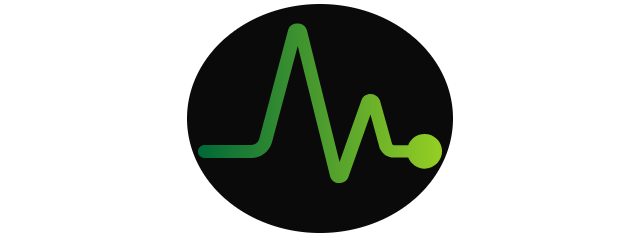
By: Debbie Moore-Black, RN
I knocked on his door. It was 8:30 pm. Medication time. Jerome slowly opened his door. He was easily over 6 feet tall.
Towering over my 4ft 11,5 “ self. Naked. Eye to eye with his penis.
He chanted “you ain’t a bitch. You ain’t a ho….. you my wife”
Ok Jerome, take your medicine.
I’ve entered a new dimension of nursing.
After 30 plus years as an ICU nurse, I thought I’d ride out Behavioral Health until my retirement in one year. I thought it would be easy.
What I didn’t realize was that we have a most complicated mind. All of us.
I smiled during my interview. Told them what they wanted to hear. And I was in.
Day after day. This was the psychotic unit. Psychotic, schizophrenic, bipolar…. all of the above. Medication was sometimes our only hope.
It’s cold outside. Winter time. The homeless know what to say. On the streets, our hospital, our behavioral health unit is like the “Hilton”.
New scrubs, private rooms, breakfast lunch dinner and snacks. A shower. And medications to calm you down, to help you sleep to make those voices in your head disappear for a moment.
The voices that say kill… kill… kill. The voices that tell you you’re no good. Cut yourself deeper faster. Jump off the bridge, run into traffic…. anything to make the voices go away.
Marlene is 52. She likes methamphetamine. She has multiple husbands and she’s pregnant with the baby Jesus. And screams a bloody chilling scream in the middle of the night.
We rush to her side. She bangs her head repeatedly against the wall. It’s hard to deescalate a psychotic. Medication is your only friend. Haldol, zyprexa, Ativan, Thorazine. Take your pick.
Our heroes are Public Safety. We push a button, or call the number stat, and they are there. All of them 4 and 5 of them rush to our side to protect us.
This is not a prison. This is a Behavioral health unit. And each day we say a prayer that there won’t be violence. That there won’t be an assault. That we won’t have to put someone in seclusion. That we aren’t forced to use 4-point restraints.
These are the misfits. The homeless. The non-compliants They know when it’s cold outside. They can no longer cope. We are their friend. Their protector.
Schizophrenia. A strange and exotic disease. They are on an island of their own.
What have I gotten myself into?
Originally published at https://www.kevinmd.com/blog/2020/12/schizophrenia-they-are-on-an-island-of-their-own.html


